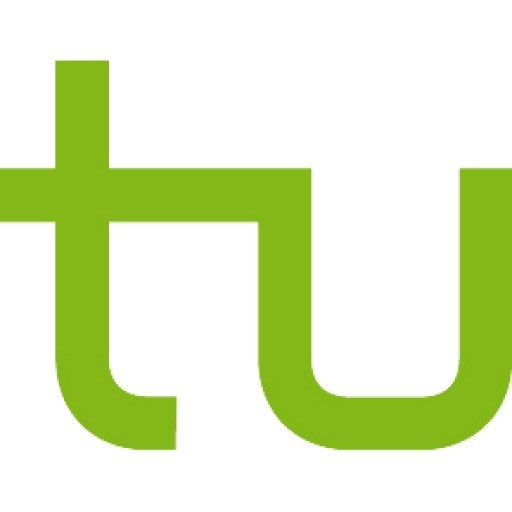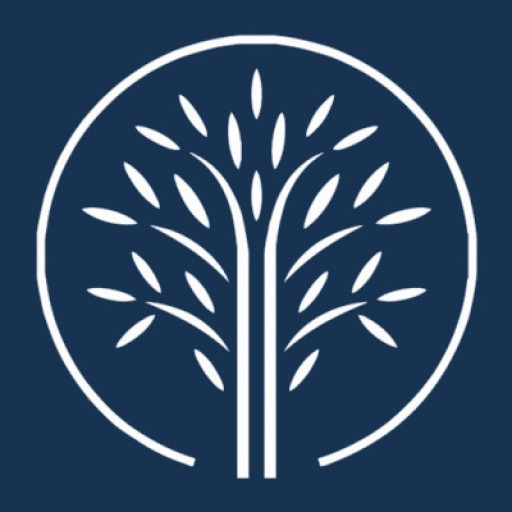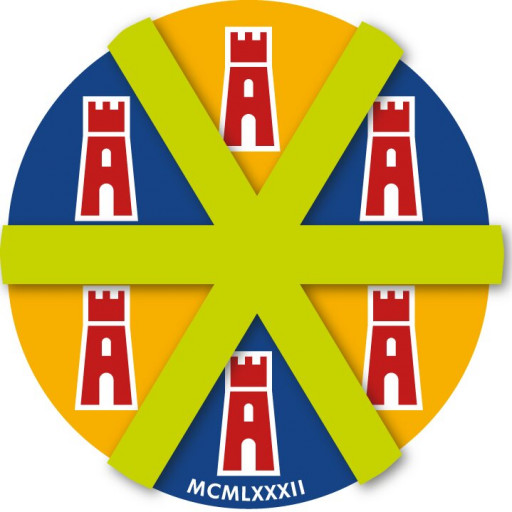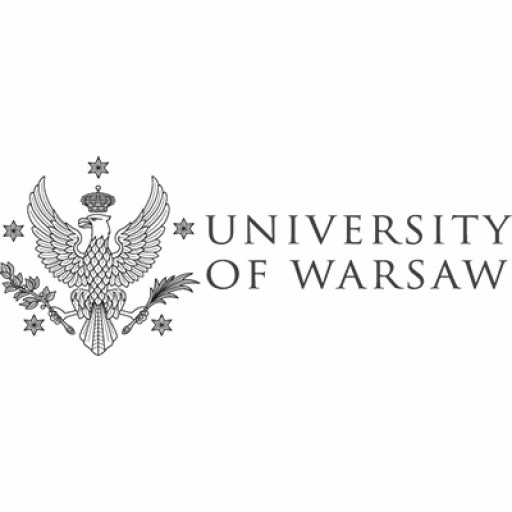Photos of university
Description:
The Celtic Archaeology program at Bangor University offers students a comprehensive and detailed exploration of the rich archaeological heritage of the Celtic peoples across Ireland, Britain, and Europe. This dynamic degree combines rigorous academic research with practical fieldwork, enabling students to develop both theoretical knowledge and valuable hands-on skills. Throughout the course, students will delve into the study of Celtic cultures from prehistoric times through to the medieval period, examining artifacts, monuments, and landscapes that illuminate the social, political, and religious life of ancient Celtic communities. The program emphasizes critical analysis of archaeological finds, comparative studies of cultural development, and the application of modern archaeological techniques, including GIS, excavation methods, and material analysis. With access to Bangor's extensive resources, including archaeological laboratories, libraries, and fieldwork sites, students are encouraged to engage actively with research and conservation projects. The degree also fosters a deep understanding of the broader historical contexts, art, and mythology associated with Celtic societies, encouraging interdisciplinary approaches that connect archaeology with history, anthropology, and cultural studies. Students will have opportunities for placements, field trips, and collaborative research, preparing them for careers in archaeological research, heritage management, museum curation, or further academic study. The program's dedicated faculty members are experts in their fields, providing personalized guidance to support students' academic and professional development. Graduates of this program will be equipped with a nuanced understanding of Celtic archaeology, critical research skills, and practical experience, making them well-prepared for diverse roles within the heritage and archaeological sectors or for advanced postgraduate study.
Celtic Archaeology at Bangor University offers a comprehensive and in-depth exploration of the ancient Celtic world, focusing on the rich archaeological heritage of the Celtic peoples across Britain, Ireland, and continental Europe. This programme is designed to provide students with a solid foundation in archaeological theory, methods, and practical skills, alongside specialized knowledge in Celtic history, art, and material culture. Throughout the course, students will engage with a wide range of archaeological sites, artefacts, and scholarly debates, gaining insight into the social, religious, and political aspects of Celtic societies. The programme encompasses modules on prehistoric and Iron Age Britain and Ireland, the development of Celtic art and iconography, and the transformative impacts of Roman and post-Roman periods on Celtic communities. Practical experience is a key component, with opportunities for fieldwork, excavations, and laboratory analysis, enabling students to develop hands-on skills necessary for a career in archaeology or heritage management. Additionally, students will learn about the latest analytical techniques, including GIS, radiocarbon dating, and archaeological illustration, which are vital for the detailed study of Celtic archaeology. The programme also emphasizes critical thinking and research skills, encouraging students to undertake independent projects and detailed analyses of Celtic archaeology topics. Graduates will be well-equipped to pursue careers in archaeological research, museum curation, cultural heritage management, or further academic study. The programme benefits from Bangor University's strong links with archaeological institutions and international collaborators, providing exceptional opportunities for networking, internships, and field opportunities. The Celtic Archaeology programme at Bangor University aims to foster a deep understanding of Celtic history and archaeology, preparing students to contribute meaningfully to the preservation and interpretation of Celtic cultural heritage worldwide.
To complete the BSc Celtic Archaeology program at Bangor University, students are typically required to achieve a total of 120 credits per academic year, amounting to 360 credits over the three-year duration of the degree. The program combines core modules, optional modules, and a research project, designed to provide students with comprehensive knowledge of Celtic archaeology, including ancient societies, material culture, and archaeological methods. Entry requirements generally include A-levels or equivalent qualifications, with preferred subjects being archaeology, history, or related disciplines. Students may also need to demonstrate proficiency in English through standardized tests if applicable. Throughout the course, students engage in lectures, seminars, practical workshops, and fieldwork activities to acquire both theoretical background and practical skills. Assessments are usually carried out through a combination of essays, practical reports, presentations, and examinations. Additionally, students are encouraged to undertake independent research and may have opportunities to participate in excavations and archaeological surveys. Support services such as academic advising, access to archaeology laboratories, and digitization resources are available to assist students in their learning journey. Graduates of the Celtic Archaeology program are equipped with knowledge relevant for careers in archaeology, heritage management, museum curation, and further academic research. The degree aims to develop not only specialized knowledge but also transferable skills including critical thinking, data analysis, and presentation skills. The program is designed to foster a deep understanding of Celtic societies from the prehistoric to medieval periods, emphasizing archaeological methods, interpretation of material remains, and cultural context. The coursework encourages collaborative learning, with students working in groups for certain projects to simulate professional archaeological research teams. Field trips to archaeological sites and museums are integral to the curriculum, providing immersive experiences that enhance understanding of material culture and landscape archaeology. Students also have access to the university’s extensive digital archives and databases, enabling detailed research work. The degree prepares students for postgraduate study, professional archaeology, or careers in cultural resource management. Bangor University continuously updates its curriculum to incorporate recent research developments and technological advancements in archaeological practice.
The Celtic Archaeology program at Bangor University offers a range of financing opportunities to support students throughout their studies. Tuition fees vary depending on the level of study and the student’s residency status. For home (UK) students, the annual tuition fee for undergraduate programmes generally ranges from approximately £9,250. International students can expect higher fees, which may be around £15,000 or more per year. Postgraduate fees are also variable, often around £4,500 to £12,000 annually, depending on the specific course and student status.
Bangor University provides a variety of financial aid options, including government-funded loans, scholarships, bursaries, and grants. For UK residents, undergraduate students are eligible for student loans from the Student Loans Company (SLC), which can cover tuition fees and provide maintenance support. Postgraduates may access research council funding and other competitive scholarships. The university also offers merit-based scholarships specifically for archaeology and Celtic studies students, which can reduce the financial burden significantly.
International students are encouraged to explore external funding sources, such as national government scholarships, private sponsorships, and international cultural exchanges. Bangor University participates in numerous scholarship programs that are available to international students, which can include partial fee waivers or full scholarships based on merit or financial need.
In addition to scholarships and loans, students are advised to consider part-time work opportunities available on and off-campus, which can help supplement their income during studies. The university’s Careers Service provides guidance on finding suitable employment and developing skills for the job market.
Further support may include fee deferral options for eligible students and access to financial advice services. It is recommended that prospective students contact the university’s admissions or financial aid offices directly for specific information related to their circumstances, eligibility criteria, and application procedures.
Overall, Bangor University aims to make Celtic Archaeology studies accessible through a comprehensive package of financial support, ensuring that deserving students can pursue their academic interests regardless of financial background.
Celtic Archaeology at Bangor University offers a comprehensive specialization within the broader field of archaeology, focusing on the study of Celtic societies, their cultures, artifacts, and historical development from prehistoric to early medieval periods. This program is designed to provide students with a deep understanding of Celtic history, language, art, and material culture across Britain, Ireland, and continental Europe. The curriculum includes modules on archaeological theory, Irish and Welsh archaeology, and the methodology of excavations, along with language options such as Old Irish and Welsh to enhance research skills. Students benefit from access to significant archaeological sites and collections, as well as opportunities for fieldwork and practical training. The course also emphasizes the significance of Celtic archaeology within the broader context of European history and cultural development. Bangor University's dedicated staff members are active researchers, contributing to an evolving understanding of Celtic civilizations, which enriches the teaching provided. The program prepares graduates for careers in heritage management, archaeology, museums, education, and research, equipping them with both theoretical knowledge and practical skills. Additionally, there are opportunities for postgraduate study, allowing students to pursue research projects related to Celtic archaeology. The university's strong links with archaeological organizations and heritage bodies further enhance opportunities for internships and professional development. Overall, Bangor's Celtic Archaeology program combines academic rigour with practical experience, fostering a comprehensive understanding of Celtic history and archaeology, and supporting students in pursuing careers dedicated to preserving and studying Celtic heritage.








